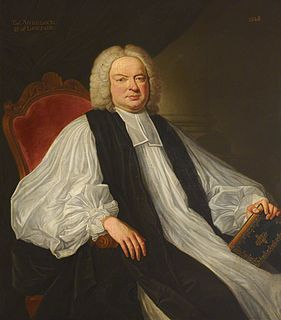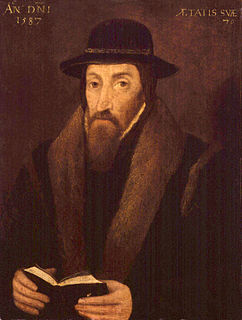A Quote by David Hume
A too great disproportion among the citizens weakens any state. Every person, if possible, ought to enjoy the fruits of his labour, in a full possession of all the necessities, and many of the conveniences of life. No one can doubt, but such an equality is most suitable to human nature, and diminishes much less from the happiness of the rich than it adds to that of the poor.
Related Quotes
Every man is rich or poor according to the proportion between his desires and his enjoyments; any enlargement of wishes is therefore equally destructive to happiness with the diminution of possession, and he that teaches another to long for what he never shall obtain is no less an enemy to his quiet than if he had robbed him of part of his patrimony
The subjects of every state ought to contribute toward the support of the government, as nearly as possible, in proportion to their respective abilities; that is, in proportion to the revenue which they respectively enjoy under the protection of the state ....As Henry Home (Lord Kames) has written, a goal of taxation should be to 'remedy inequality of riches as much as possible, by relieving the poor and burdening the rich.'
Among civilized and thriving nations, on the contrary, though a great number of people do no labor at all, many of whom consume the produce of ten times, frequently of a hundred times more labour than the greater part of those who work; yet the produce of the whole labour of the society is so great, that all are often abundantly supplied, and a workman, even of the lowest and poorest order, if he is frugal and industrious, may enjoy a greater share of the necessaries and conveniencies of life than it is possible for any savage to acquire.
To discover the rules of society that are best suited to nations, there would need to exist a superior intelligence, who could understand the passions of men without feeling any of them, who had no affinity with our nature but knew it to the full, whose happiness was independent of ours, but who would nevertheless make our happiness his concern, who would be content to wait in the fullness of time for a distant glory, and to labour in one age to enjoy the fruits in another. Gods would be needed to give men laws.
There is not such a mighty difference as some men imagine between the poor and the rich; in pomp, show, and opinion, there is a great deal, but little as to the pleasures and satisfactions of life. They enjoy the same earth and air and heavens; hunger and thirst make the poor man's meat and drink as pleasant and relishing as all the varieties which cover the rich man's table; and the labor of a poor man is more healthful, and many times more pleasant, too, than the ease and softness of the rich.
And, inasmuch [as] most good things are produced by labour, it follows that all such things of right belong to those whose labour has produced them. But it has so happened in all ages of the world, that some have laboured, and others have, without labour, enjoyed a large proportion of the fruits. This is wrong, and should not continue. To [secure] to each labourer the whole product of his labour, or as nearly as possible, is a most worthy object of any good government.
Understanding human nature must be the basis of any real improvement in human life. Science has done wonders in mastering the laws of the physical world, but our own nature is much less understood, as yet, than the nature of stars and electrons. When science learns to understand human nature, it will be able to bring a happiness into our lives which machines and the physical sciences have failed to create.
But avarice and ambition in the rich, in the poor the hatred of labour and the love of present ease and enjoyment, are the passions which prompt to invade property, passions much more steady in their operation, and much more universal in their influence. Wherever there is great property there is great inequality. For one very rich man there must be at least five hundred poor, and the affluence of the few supposes the indigence of the many.
With his continual doctrine [Bishop Hooper] adjoined due and discreet correction, not so much severe to any as to them which for abundance of riches and wealthy state thought they might do what they listed. And doubtless he spared no kind of people, but was indifferent to all men, as well rich as poor, to the great shame of no small number of men nowadays. Whereas many we see so addicted to the pleasing of great and rich men, that in the meantime they have no regard to the meaner sort of poor people, whom Christ hath bought as dearly as the other.
By Liberty I understand the Power which every Man has over his own Actions, and his Right to enjoy the Fruits of his Labour, Art, and Industry, as far as by it he hurts not the Society, or any Members of it, by taking from any Member, or by hindering him from enjoying what he himself enjoys. The Fruits of a Man's honest Industry are the just Rewards of it, ascertained to him by natural and eternal Equity, as is his Title to use them in the Manner which he thinks fit: And thus, with the above Limitations, every Man is sole Lord and Arbitrer of his own private Actions and Property.





































